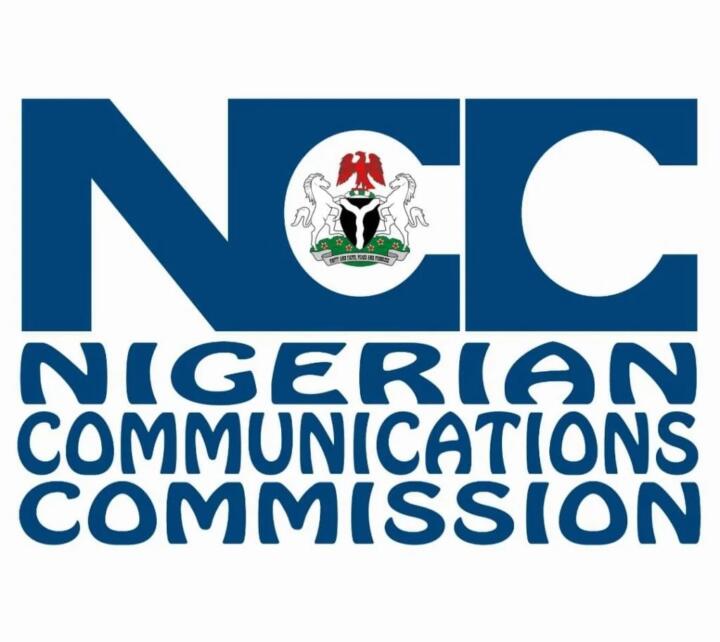The Nigerian Communications Commission (NCC) is set to reduce the number of telecom tariff plans in the country to enhance consumer satisfaction and ensure transparency.
The move will limit each mobile network operator (MNO) to seven tariff plans for data services, bundled with voice, SMS, and promotional offers, cutting down on the complexity of the current system.
This development follows complaints about confusion arising from the nearly 400 tariff plans currently available to subscribers.

A document obtained by The Guardian revealed that there are 369 tariff plans for voice and data services offered by major operators, including MTN, Airtel, Globacom, and 9mobile.
MTN, the largest operator, currently has 159 tariff plans (14 for voice and 145 for data), Airtel has 68 (27 for voice and 41 for data), Globacom offers 38 (six for voice and 32 for data), while 9mobile has 104 plans (seven for voice and 97 for data).
Speaking at a media capacity training for journalists in Lagos, the Director of Consumer Affairs at NCC, Dr. Ikechukwu Adinde, stated that the Commission’s new initiative aims to streamline these plans for better consumer understanding and easier regulatory oversight.
Adinde explained that many of the existing tariff plans were initially introduced as promotional offers but later converted into regular plans, creating pricing inconsistencies and confusion for consumers.
He highlighted issues such as different tariffs being applied to main accounts and bonus accounts without clear communication to subscribers.
To address these challenges, the NCC plans to classify all promotional or bonus-inclusive tariffs strictly as promotions, which will be subject to quality-of-service evaluations by the Consumer Affairs Bureau.
Additionally, operators will be required to provide clear, uniform, and user-friendly details of their plans, including costs, benefits, and validity periods.
“Similar to the India experience, the Commission has placed a limit on the number of tariff plans an operator can offer at any given point in time,” NCC noted.
Adinde further emphasized the importance of tariff simplification to increase transparency and reduce consumer complaints, especially those related to pricing uncertainty and perceived extortion.
He disclosed that a new set of approved tariff plans will be unveiled soon to address these issues.
On the ongoing discussions around a potential tariff increase, NCC’s Director of Public Affairs, Reuben Mouka, acknowledged the sensitivity of the matter, stating that extensive consultations with stakeholders are ongoing.
He stressed that any adjustment would depend on the capacity and readiness of telecom operators to deliver improved services.
The NCC’s new measures are expected to enhance consumer satisfaction, promote transparency, and address the long-standing complaints in Nigeria’s telecom sector.
Support InfoStride News' Credible Journalism: Only credible journalism can guarantee a fair, accountable and transparent society, including democracy and government. It involves a lot of efforts and money. We need your support. Click here to Donate
